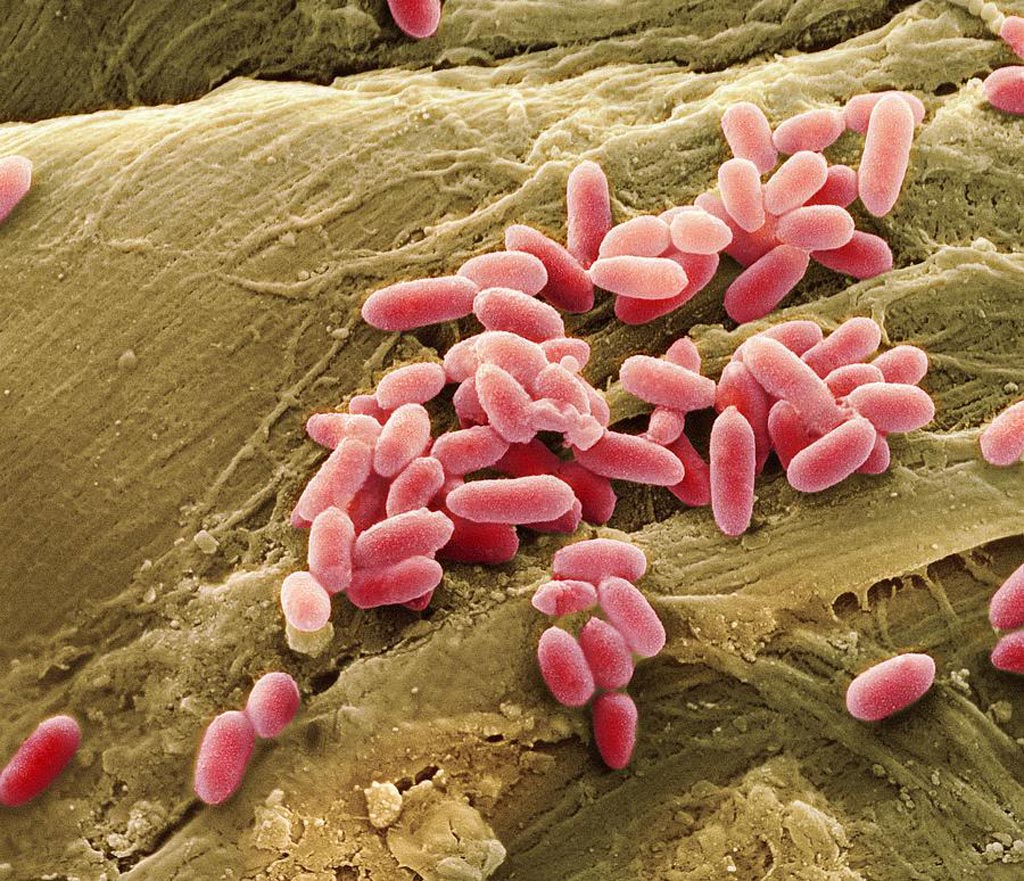Urinary Pathogen Resistance Increased Post Kidney Transplant
By LabMedica International staff writers
Posted on 31 May 2017
A urinary tract infection (UTI) is the most common complication after kidney transplantation and it can cause severe sepsis and transplant loss. Emergence of drug resistance among gram-negative urinary pathogens is the current challenge for urinary tract infection treatment after kidney transplantation.Posted on 31 May 2017
The incidence of drug-resistant urinary pathogens seems to be increasing and has become a rising therapeutic challenge for clinicians. The antibiotic exposure after kidney transplantation is elevated due to treatment of asymptomatic bacteriuria (ASB) and pneumocystis pneumonia (PCP) prophylaxis.

Image: A scanning electron micrograph (SEM) of Pseudomonas aeruginosa bacteria (Photo courtesy of SPL).
Scientists at the University Hospital Essen analyzed the antimicrobial susceptibility of gram-negative urinary pathogens after kidney transplantation from 2009 to 2012 at their Transplant Outpatient Clinic. Kidney transplant patients received regular follow up examinations after transplantation. Midstream urines were examined for bacteriuria at each follow up visit. From 2009 to 2012 a large number of 15,741 urine samples were obtained from 859 patients (324 (38%) male, 535 (62%) female).
Samples were cultured using standard media with semi quantification. Cultured bacteria were identified by matrix assisted laser desorption ionization-time of flight mass spectrometry (MALDI-TOF) and susceptibility testing was performed using the VITEK system. Patients suffering UTI or ASB got empirical treatment according to the local UTI treatment strategy. All patients were treated with low-dose trimethoprim-sulfamethoxazole for pneumocystis (PCP) prophylaxis for at least six month after transplantation.
The team reported that the most frequently detected gram-negative bacteria were Escherichia coli, 1,109 (37%), Klebsiella spp. 242 (8%) and Pseudomonas aeruginosa 136 (4.5%). Klebsiella spp. showed a significant increase of resistance to trimethoprim-sulfamethoxazole by 19%, ciprofloxacin by 15% and ceftazidime by 17%. E.coli and P. aeruginosa isolates presented no significant differences of antimicrobial susceptibility to the analyzed antibiotics. In 51 renal transplant patients, urosepsis due to gram-negative pathogens (E.coli, Klebsiella spp., and P. aeruginosa) was diagnosed from 2009 to 2012.
The authors concluded that there was an increase of antimicrobial resistance to commonly used antibiotic agents among gram-negative uropathogens isolated from kidney transplant recipients during an observation period of four years. Antimicrobial resistance of Klebsiella spp. increased significant to trimethoprim-sulfamethoxazole, ciprofloxacin and ceftazidime. The study was published on May 19, 2017, in the journal BMC Nephrology.














